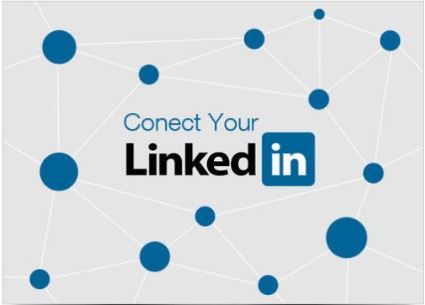You’ve no doubt read, heard and been told over and over again to personalize any network  invites you send to people on LinkedIn. I know I am one of the choir members preaching this to anyone who is willing to listen. When we train new employees this is one of the first things we say when it comes to LinkedIn; personalize your invites.
invites you send to people on LinkedIn. I know I am one of the choir members preaching this to anyone who is willing to listen. When we train new employees this is one of the first things we say when it comes to LinkedIn; personalize your invites.
Why?
A couple reasons:
- It’s nice and thoughtful. And what did our parents teach us about being thoughtful? That it makes the other person, the person on the receiving end, feel good. And don’t we like to make others feel good?
- You stand out from the crowd. I receive invites on a daily basis, 90% of them are always the default invite. Believe me when I say, those who personalize an invite have my attention.
In fact, they have my attention so much so that the reason I am writing this blog post is because of a great invite I got this week. This unique and thoughtful invite stood out from all the others and affected me like a morning cup of coffee – perked me right up. This invite told me this person took the time to read about me and what I do. It told me that this individual had attention for detail as he listed a couple things in my profile that were relevant to him and his background as well as a few things we had in common. Yes, this person had my attention and I wanted to know more about him. Immediately I went to his profile, forget those other invites for now. What I saw on his profile was a thoughtful and experienced individual, someone that very clearly has put in a lot of time and care to his LinkedIn profile, to his career. I noted, with excitement, his senior leadership experience. As I am always connecting with Executives across Canada (due to my work in Executive Search) I knew that somewhere down the road this person could potentially be a candidate or a client or maybe a great help – who knows? The bottom line is that I will remember his name and his background just from this simple personalized invite. Already his first impression is one of care and thoughtfulness. If he puts this much energy into an invite, how much energy does he put into his career? His business? His employees?
So what do I mean when I say personalize? I mean, don't use the default one LinkedIn gives you. Would you just walk up to someone at a networking event and say "Hi there, I'd like to meet you and have you in my network." and then shake hands and leave? No, probably not.
“I use their name in the invite, isn’t that enough?”
No, a name alone doesn’t make the note personalized (though you should definitely be using their name in it, always use their name). Let me ask you; what do you know about this individual other than their name? Did you really read through their profile? Get a sense of what this person does? Who they are? What they are passionate about? Before I send out any invite, I make it a rule to read their profile first and then send my invite. I comment on at least one thing that jumps out at me from their profile – why I was compelled to send them an invite in the first place.
“Okay, so what should I say?”
That’s up to you. Why do you want to connect with them? Is it because of their background? Because they might be a thought leader in your area of business? Are you following their blog because you enjoy their posts and saw they were on LinkedIn? Be honest. Take the time to tell that person WHY you want to connect. If it is just to grow your network then say that too, but still give a reason why you want them as part of your network. Something in their profile must have caught your eye – why else would you want to connect with them?
So, to the candidates out there who are on the job search – when sending out your invites to recruiters or hiring managers, personalize your invite. Make it about the person you are sending the invite to – I guarantee, they will take note and the chances of your invite being accepted are much higher.
To the Recruiters who are sending invites to candidates. Make it about the candidate and not about what they can do for you. In fact, try sending invites to potential candidates before you ever even need to recruit them. Just connecting and learning about others in the business community should be enough of a reason to send out those invites.
Happy networking all, and feel free to send me a LinkedIn invite. You know what to do.
~Annette Kohut, Executive Search Associate


 wondering what to do next. Should I call each and every one of them, even if we didn’t get to have a one-on-one conversation? Should I email them? Should I do that now or hold off for a week or two? I’m not really sure what the protocol is post conference. Therefore, I’ve done what we all seem to do these days when we don’t have all the answers, we go to the web.
wondering what to do next. Should I call each and every one of them, even if we didn’t get to have a one-on-one conversation? Should I email them? Should I do that now or hold off for a week or two? I’m not really sure what the protocol is post conference. Therefore, I’ve done what we all seem to do these days when we don’t have all the answers, we go to the web. 




